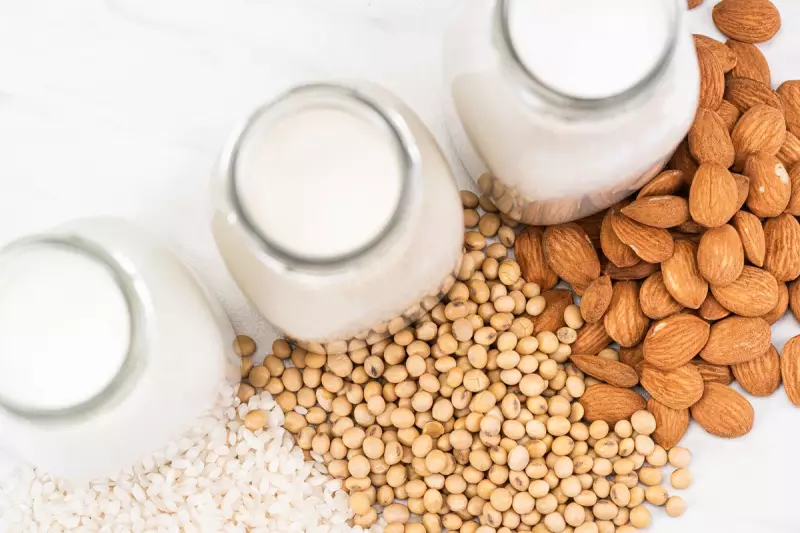
As plant-based milks continue to soar in popularity, new research has uncovered significant variations in their nutritional content compared to traditional dairy milk. The findings may surprise health-conscious consumers navigating the growing array of milk alternatives.
The Nutrient Showdown
A comprehensive analysis of various milk types revealed that while plant-based options offer certain advantages, dairy milk still leads in several key nutritional categories. Cow's milk was found to contain higher levels of essential nutrients like protein, vitamin B12, and iodine - crucial elements for energy metabolism and thyroid function.
Where Plant Milks Shine
However, certain fortified plant milks demonstrated superior levels of specific vitamins and minerals. For instance:
- Almond milk often contains higher vitamin E levels
- Soy milk provides comparable protein to dairy
- Oat milk frequently offers more fibre
The Fortification Factor
Nutrition experts emphasize that many plant milks are fortified to match or exceed dairy's nutritional profile. "The key is checking labels," advises dietitian Sarah Collins. "Fortified plant milks can be nutritionally equivalent to dairy, but unfortified versions may lack essential nutrients."
Special Considerations
The research highlights important considerations for different demographics:
- Children may require dairy's natural nutrient package
- Vegans should seek fortified alternatives
- Those with allergies have more options than ever
As the plant milk market expands, consumers now face both more choices and more complex nutritional decisions. The study underscores the importance of informed selection based on individual dietary needs.





